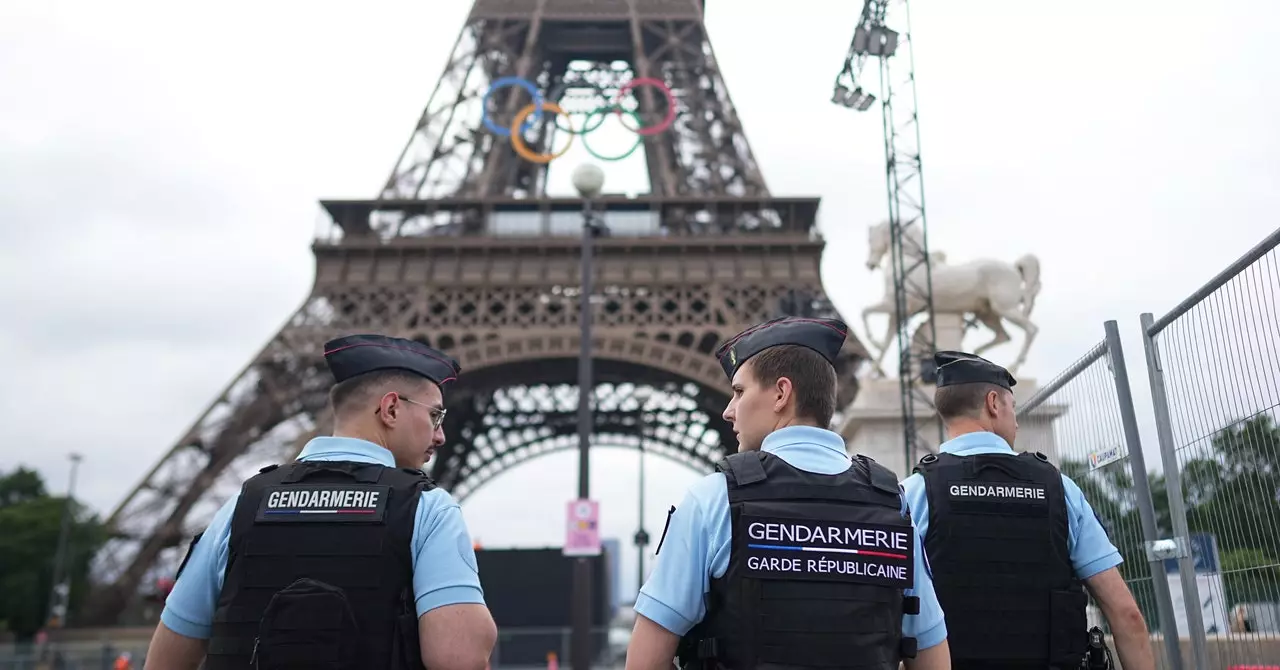In recent years, there has been a significant shift in the way surveillance systems are being utilized, especially at major events like the Olympics. Companies like Wintics are at the forefront of this transformation, using algorithms to turn CCTV cameras into powerful monitoring tools. With thousands of cameras in place, it becomes challenging for police officers to react to every camera feed, making the use of AI algorithms a practical solution.
Wintics’ journey began with its first public contract in Paris in 2020, where it gathered data on cyclists using existing traffic cameras to aid in the city’s infrastructure planning. This laid the foundation for their algorithms to be adapted for different purposes, such as crowd monitoring and identifying potential security threats. With the announcement of the Olympics, Wintics saw this as a natural evolution of their technology, as they continued to analyze anonymous shapes in public spaces.
Wintics’ founder, Matthias Houllier, emphasizes that their algorithms prioritize privacy and do not compromise personal freedoms. By focusing on analyzing shapes without facial recognition, license plate recognition, or behavioral analytics, they aim to provide a safer environment without infringing on individual privacy. This approach sets them apart from controversial surveillance systems used in previous global events.
Despite the efforts to maintain privacy, privacy activists like Noémie Levain are skeptical about the impact of AI surveillance systems on personal freedoms. Levain raises concerns about the potential long-term implications of these systems, emphasizing that they could lead to increased surveillance beyond the scope of the Olympics. She argues that such technology perpetuates stereotypes and enables discriminatory practices by law enforcement.
As cities brace for major events like the Olympics, the debate surrounding the use of AI surveillance systems intensifies. While proponents argue for enhanced security and efficiency, critics warn about the erosion of personal freedoms and the normalization of surveillance. The challenge lies in striking a balance between safety and privacy, ensuring that technological advancements do not come at the cost of individual rights.
The rise of AI surveillance systems raises fundamental questions about privacy, security, and personal freedoms. The deployment of algorithms to monitor public spaces represents a significant evolution in surveillance technology, with both potential benefits and drawbacks. As we navigate this complex landscape, it is crucial to consider the ethical implications of AI surveillance and strive for a transparent and accountable approach to safeguarding individual rights.


Leave a Reply
You must be logged in to post a comment.